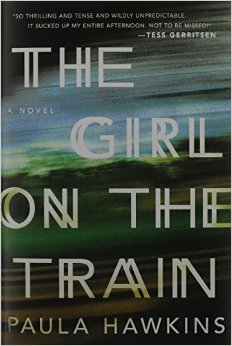Technology
is ruining this generation. At least, that's what any of your stereotypical
older people would say. But let's be honest in about 10 more years those same
people are going to be relying on the technology of our generation to keep them
alive. Yet for some reason they continue to prattle on and on about one thing
in particular: texting. If someone heard my grandfather talk about texting
and cell phones they would think that he was describing the end of the world.
Texting and the so-called "Textspeak" are quite controversial topics.
While many people view them as a negative thing, some linguists take the
opposite stance on the topic instead.
David
Crystal is a linguist who has dedicated much of his time to analyzing this
textspeak and has even wrote a book on it. In the his article
"Texting" he explores the various ways that textspeak has transformed
the standard English and morphed it into something else entirely. He discusses
why abbreviations are so popular in textspeak and also looks at exactly how
words or phrases are abbreviated. According to him the use of abbreviations
became standard in textspeak due to the energy it used to require back when
phones didn't have the handy full keyboard that they all come equipped with
nowadays. He also comments on the lack of punctuation in textspeak stating that
punctuation has "low information value". Crystal is fascinated by textspeak and believes
that is an example of linguistic creativity and language evolution.
John
McWhorter is another linguist who has a fairly similar opinion on the topic of
how technology has impacted language. In his words texting is not considered
writing. He considers writing to be fingered speech. I know that sounds a bit
weird so let me clarify, he believes that texting is writing how you talk. This
involves a more casual and less structured language than one would use if
writing an essay due to the fact that writing is a much more conscious process
while texting is considered to be less reflective. He also touches on how some
textspeak has evolved even more than just a simple abbreviation. He uses the
example of "lol" which, as he points out, no longer actually means
laughing out loud. Instead "lol" has become a way of expressing
empathy and in some cases it simply serves as a conversation filler. Now he brings
up the interesting idea of "slash" which is a prime example of
texting simply being fingered speech. When having a conversations with people
we have many ways of indicating that we want to change the subject whether this
be through verbal or non verbal cues. "Slash" is an example of these
cues being translated into textspeak, a way to let your conversation partner
know that you're changing the subject.









0 comments:
Post a Comment